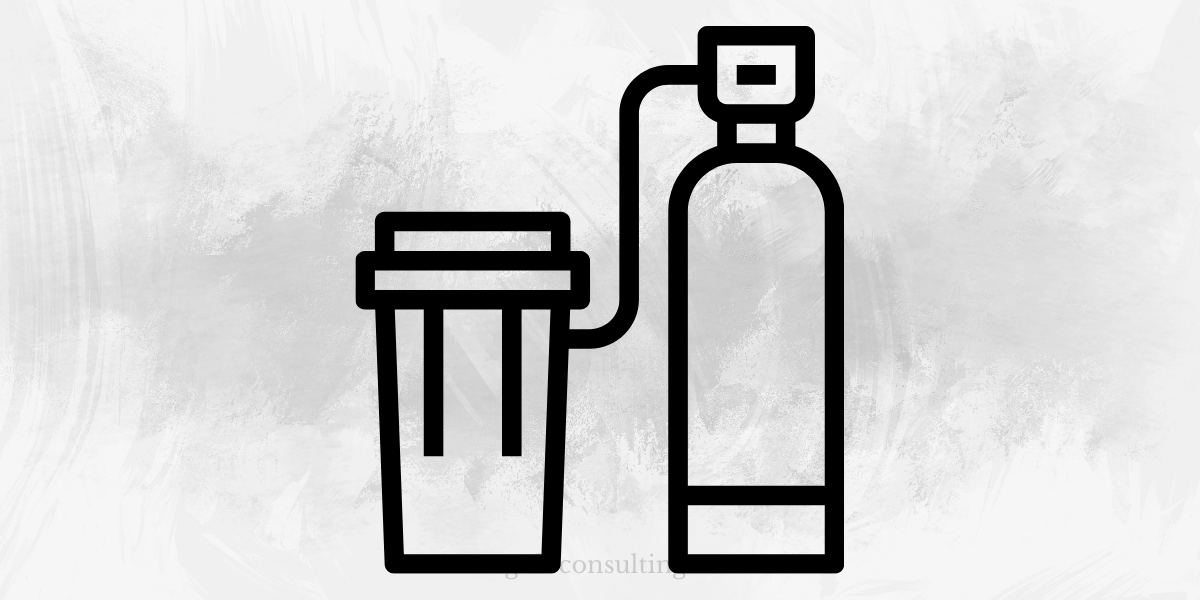
Many Americans in the US consider water to be a given without thinking about its qualities aside from the fact that it is wet. However, many residents must contend with the one least appealing features, which is its hardness.
The cause of water hardness is an abundance of minerals, including magnesium and calcium, with traces of other metals which dissolve naturally in drinking water.
Hard water can have an adverse effect on various activities we perform every day, like showering, bathing, cleaning dishes and washing laundry. Hard water could be an issue no matter what the region that people live in.
However, the negative impacts can be mitigated by installing a water softener that eliminates the dissolved minerals and the use of potassium or sodium ions to replace magnesium and calcium ions. If homeowners’ water is hard, they will notice these indicators that suggest they require the installation of a water softener.
Stains
Because there are dissolved metals and minerals within hard water, they could create a smudge on the bathtub’s surface and sinks, as well as toilets and sinks and white scale deposits that surround faucets. One way to get rid of staining on fixtures is to soak the affected area with 1/2 cup of powder detergent. If there are white deposits around the faucet, the area could be sprayed with white vinegar and let sit for a few minutes before washing it off and thoroughly wiping it clean with the softest cloth.
Scale Buildup
Limescale and scale are both mineral deposits that can build up on pots, coffee makers’ glassware, tea kettles, cutlery and dinnerware. This creates a hard, chalky and hard-to-get rid of the film. It is even more problematic is the build-up of scale inside the water from appliances such as dishwashers and washing machines as well as the plumbing system, which leads to expensive repairs.
More expensive Electricity and Water Bills
If your utility bills are shockingly excessive, homeowners should see if they have evidence of scale in their plumbing. Scale build-up can occur over time and can clog pipes. It is a reason why the heating system of a home is unable to help water flow through. In addition, the accumulation of scale can impact the effectiveness of hot water heaters as well as boilers.
Grey or faded Laundry
Hard water is not just a factor in making the soaps used to wash laundry and baths less effective, but it creates an oily residue that causes clothes to look dull, dull or dull, or get sour and smell rough. Furthermore, the use of hard water for washing clothes could cause them to wear faster.
Dry skin and hair
Minerals in hard water may cause the skin dry, itchy and flaky and also make the pores appear blocked on the skin, leading to pimples, redness or blackheads. Soap doesn’t dissolve easily when it is in water that’s hard and leaves a film of sticky skin, which defeats the purpose of eliminating dirt and bacteria. The film can also make hair dry, dull and limp.
Problems with Water Heaters
One of the most costly and unattractive indicators that a home requires a water softener occurs when a water heater is damaged or stops functioning. The ageing process of hard water can cause premature ageing of water heaters quickly, especially electric ones, as the heating of hard water accelerates the growth of scale inside the tank, as well as its costly heating elements.